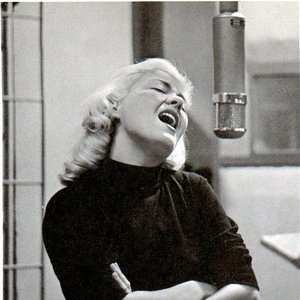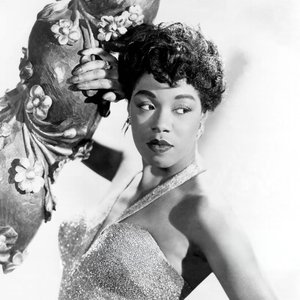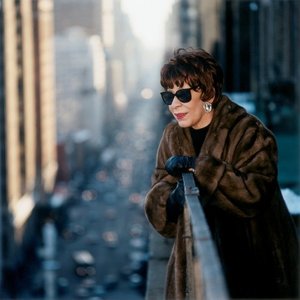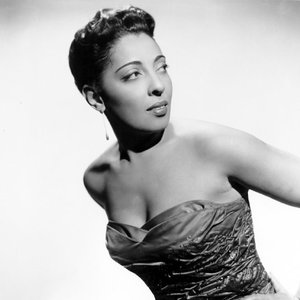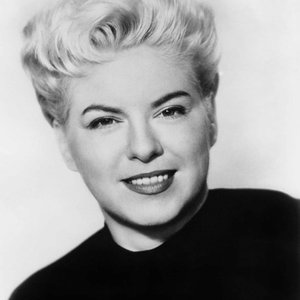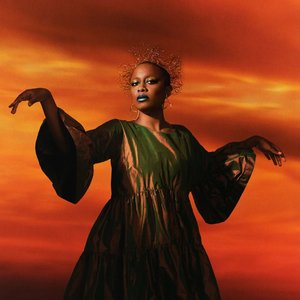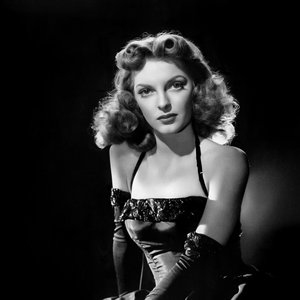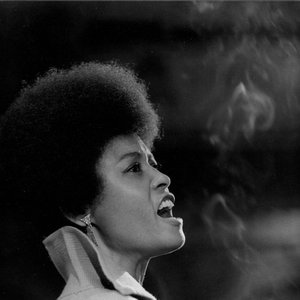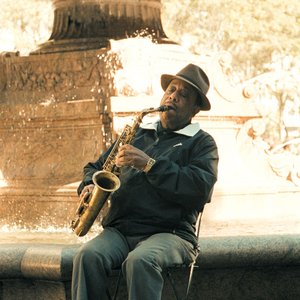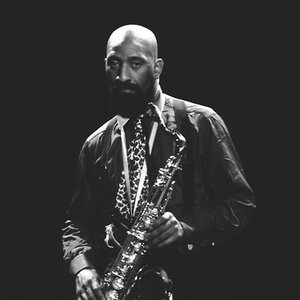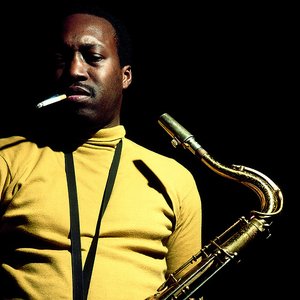Biography
-
Born
28 November 1928 (age 96)
-
Born In
Detroit, Wayne County, Michigan, United States
Sheila Jeanette Dawson (born November 18, 1928, in Detroit, Michigan) is a jazz singer whose career spans six decades. Raised in poverty in Pennsylvania’s coal-mining country, Dawson began singing as a child and, by the time she was in her early teens, was working semi-professionally in Detroit clubs. Her first significant influence was Charlie Parker; indeed, most of her influences have been instrumentalists rather than singers. Working chiefly with black musicians, she met with disapproval from the white community but persisted with her career. She was a member of a vocal trio, Skeeter, Mitch, And Jean (she was Jean), who sang versions of Parker’s solos in a manner akin to that of the later Lambert, Hendricks, And Ross.
After moving to New York in the early 1950s, she married Parker’s pianist, Duke Jordan, and studied with Lennie Tristano, but it was not until the early 1960s that she made her first recordings. One was under her name; the other was “The Outer View” with George Russell, which featured a famous 10-minute version of “You Are My Sunshine.”
In the mid-1960s, her work encompassed jazz liturgies sung in churches and extensive club work, but her appeal was narrow even within the confines of jazz. However, by the late 1970s, jazz audiences had begun to understand her uncompromising style a little more. As a result, her popularity increased - as did her appearances on record, which included albums with pianist Steve Kuhn, whose quartet she joined, and an album, Home, comprising a selection of Robert Creeley’s poems set to music and arranged by Steve Swallow.
A 1983 duo set with bassist Harvie Swartz, “Old Time Feeling” comprises several standards Jordan regularly features in her live repertoire, while the 1990s “Lost And Found” pays tribute to her bebop roots. Both sets display her unique musical trademarks, such as the frequent and unexpected sweeping changes of pitch, which still tend to confound an uninitiated audience. Her preference for the bass and voice set led to another remarkable collaboration with bassist Cameron Brown, who has been performing worldwide for more than ten years and has released the live albums “I’ve Grown Accustomed to the Bass” and “Celebration.” Entirely non-derivative, Jordan is one of only a tiny handful of jazz singers who fully deserve the appellation and for whom no other term will do.
Artist descriptions on Last.fm are editable by everyone. Feel free to contribute!
All user-contributed text on this page is available under the Creative Commons Attribution-ShareAlike License; additional terms may apply.
